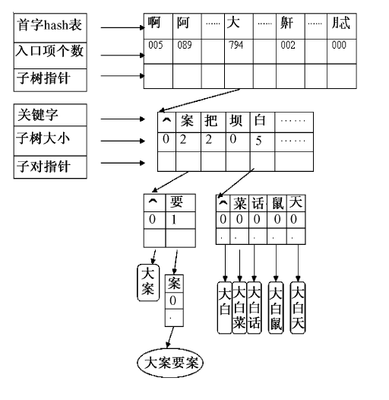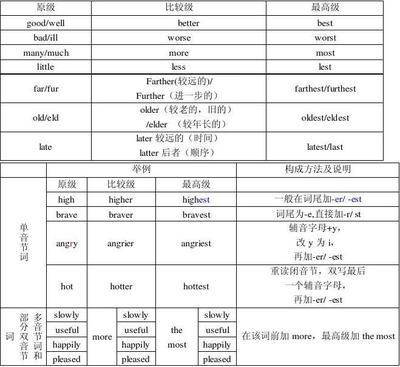to 后接动名词用法归纳
我们先来复习一下to 的两种最常见用法:
to 可用作介词,后面接名词或代词,例如:
Bring that book to me. 把那本书给我。
I often go to school at 7:30. 我经常7:30去上学。
to 也是动词不定式的标志,后面直接用动词原形,例如:
I want to borrow your dictionary. 我想借用一下你的词典。
Our plan is to finish the task in two weeks.我们的计划是在两周内完成这项任务。
但是,to作介词的时候,后面要接动词的话,怎么办呢?按照英语语法,介词后面接动词的时候,全部用动名词,to 也不例外。例如:
They went on walking and never stopped talking.他们继续走,说个不停。
Shall we have a rest or get down to doing our work?我们休息呢还是开始干活?
这就产生了另外一个问题:to 后面使用动词的时候,究竟to 算作介词,后接动名词;还是to算作不定式标志,用动词原形呢?
下面,结合实例,对这个问题作一个简要的归纳。
一、动词+介词to+动名词
在下列动词后面的to是介词,需要在to后面用动名词。
admit to doing sth 承认做了某事
apply to doing sth 适用于做某事
object to doing sth 反对做某事
see to doing sth 负责做某事
stick to doing sth 坚持做某事
take to doing sth 喜欢上做某事,逐渐习惯做某事
应用实例:
He admitted having stolen the money. 他承认偷了钱。
These methods apply to learning English. 这些方法适用于英语学习。
He objected to being treated like a child. 他反对被当作小孩子看待。
Reporters should stick to investigating the facts. 记者应坚持调查事实。
Soon he took to sleeping late. 不久他就养成了睡懒觉的习惯。
二、动词+宾语+介词to+动名词
在下列动词短语中,动词还带了一宾语,它后面的to也是介词,要接动名词。
devote oneself to doing sth 献身于做某事
limit sth to doing sth 把…限制在做某事的范围内
reduce sb to doing sth 使某人沦为做某事
give one’s life to doing sth 献身于做某事
give one’s mind to doing sth 专心做某事
have a dislike to doing sth 厌恶做某事
have an eye to doing sth 注意做某事
have an eye to doing sth
have an objection to doing sth 反对(反感)做某事
pay attention to doing sth 注意做某事
set one’s mind to doing sth 决心做某事
应用实例:
She applied herself to learning English.她专心学习英语。
Hunger reduced them to stealing. 饥饿使他们沦落为盗贼。
She devoted herself to helping the poor. 她致力于帮助穷人。
I have a strong dislike to playing cards for money. 我极讨厌打牌赌博。
He has a strong objection to getting up so early.他很反感这么早就起床。
三、be+形容词(含过去分词)+介词to+动名词
在某些形容词后面的to 是介词,后面要接动名词。
be equal to doing sth 等于做某事,能胜任做某事
be used to doing sth 习惯于做某事
be opposed to doing sth 反对做某事
be reduced to doing sth使某人沦为做某事
be devoted to doing sth 把时间(钱,精力等)献给做某事
be limited to doing sth把……限制在做某事的范围内
应用实例:
This is equal to saying that he’s a cheat.这就等于说他是个骗子。
She is used to living in the country. 她习惯于住在乡下。
I’m opposed to telling him the news at once. 我反对马上告诉他这消息。
This dictionary is devoted to explaining word usage.这本词典是解释词的用法的。
四、其他结构+介词to+动名词
get down to doing sth开始做某事,认真处理某事
look forward to doing sth 盼望做某事
What do you say to doing sth? 你认为做某事如何?
应用实例:
We are looking forward to receiving his letter.我们盼望收到他的回信。
It’s time we got down to some serious work. 我们该认真干点正事了。
 爱华网
爱华网


